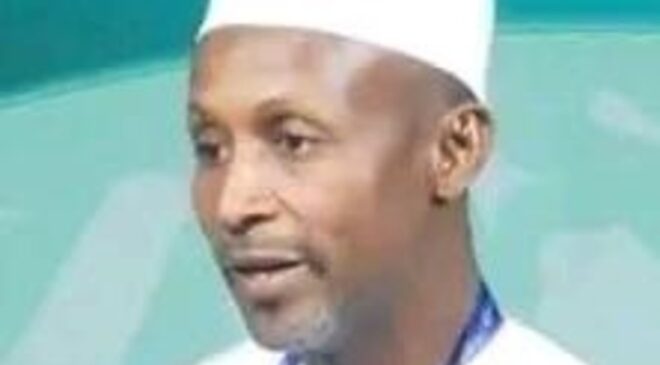
ABUJA/Nigeria: As Nigeria intensifies preparations to submit its third Nationally Determined Contribution (NDC 3.0) under the Paris Agreement, Dr. Umar Saleh Anka, Director of Climate Change at the Kano State Ministry of Environment and Climate Change, has stressed that subnational governments must play a central role in its design and implementation.
Speaking against the backdrop of the upcoming deadline, Dr. Anka noted that 2025 marks the 10th anniversary of the Paris Agreement, which requires Parties to commit to concrete climate actions through their NDCs. He said while Nigeria missed the initial submission date, the federal government has since commenced stakeholder consultations and workshops to ensure the country meets the revised deadline of September 2025.
Reviewing Nigeria’s past commitments, Anka observed that the NDC 2.0 pledge to cut emissions by 20 percent unconditionally and 47 percent conditionally by 2030 was a bold move, but he insisted that the new framework must be more ambitious. He underscored the need for resilience planning, energy transition, and loss and damage strategies, with states taking the lead in monitoring, reporting, and verification (MRV) processes.
“In the past, subnational inputs were often tokenistic and ignored in final documents. This cannot continue. The success of NDC 3.0 depends on states being empowered to align their data, projects, and policies with national targets,” he declared.
Dr. Anka pointed to Kano State’s climate leadership as an example of what states can deliver. He highlighted the launch of a comprehensive climate policy and action plan, a readiness framework for climate finance, and two new legal instruments—the Environmental Pollution Control Law and the Environmental Pollution and Waste Control Regulations 2025. The state, he added, has also distributed five million geo-tagged trees for the 2025 planting season as part of its mitigation contributions.
He urged that NDC 3.0 should include ambitious, economy-wide emission reduction targets while integrating biodiversity protection, halting deforestation, transforming food systems, and driving affordable energy access for Nigerians.
“Nigeria’s NDC 3.0 must be bold, people-centered, and subnational-driven. Only through inclusive accountability and genuine collaboration can we ensure lasting climate resilience and sustainable development,” Dr. Anka concluded.
